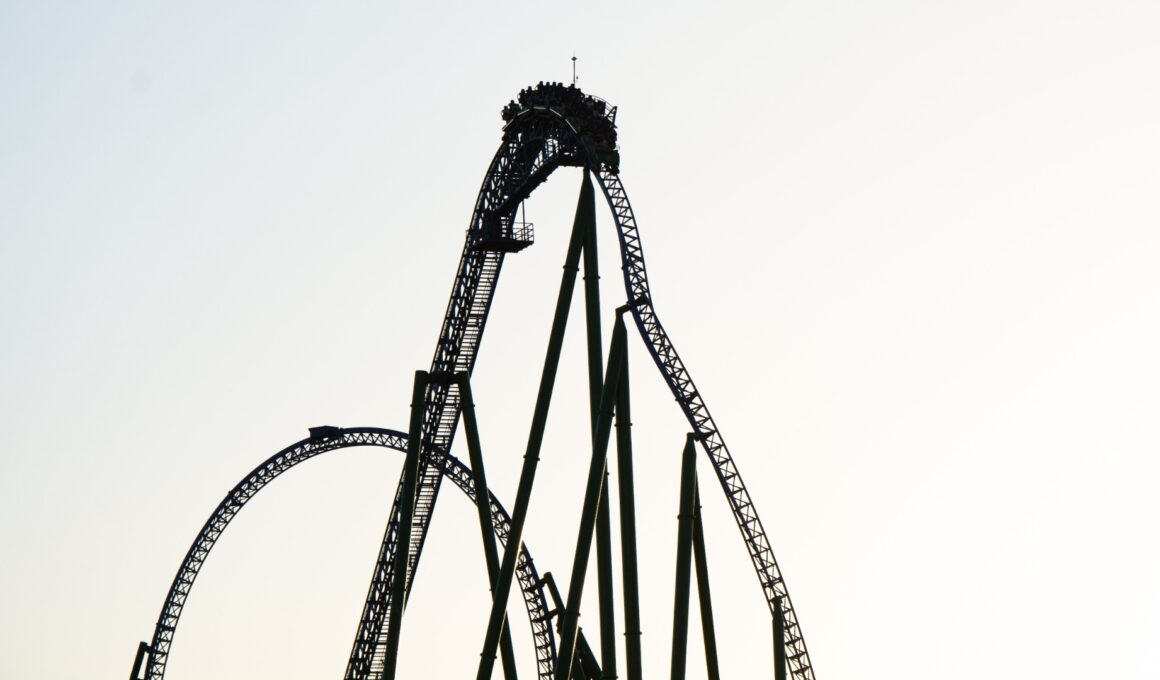A while back, entrepreneur and productivity/lifestyle guru Tim Ferriss wrote a blog post claiming there to be a connection between manic-depressive symptoms and entrepreneurialism. Manic depression being the tendency to skyrocket between extremely low moods (depression) and periods of excitement and optimism (mania). Ferriss explains in the blog that the experience of running a business is so ‘up and down’ that you’re almost sure to be launched into incredibly high and incredibly low moods. Since then many subsequent writers and bloggers have commented on the article, and actually shown that it was their pre-existing manic-depression that partly attracted them to the entrepreneurial lifestyle and helped them to succeed. So what’s the connection?
Being an Entrepreneur: A Rollercoaster of Emotions
Whether or not you’re prepared for it now, running a business is going to send you on a rollercoaster of emotions. One minute you’re on top of the world: you’ve just landed a major contract, been contacted by a powerful and influential business partner or released a product that’s selling like hotcakes. But the next you’re in a downward spiral of crisis: your product has stopped selling, you’re facing a court case, you’re not increasing your profits as quickly as you can or you realise that you don’t enjoy much of what you do.
Ultimately this leads to what Ferriss calls a ‘crisis of meaning’. At this point you’re no longer just frustrated or concerned: now you’re starting to question why you became an entrepreneur in the first place or how you can possibly make anything of yourself. You expect you’re going to end up broke or just stuck doing something you don’t enjoy.
And that’s when the next ‘win’ comes and you feel invincible again. Hold on tight, the rollercoaster is going for a second lap!
Of course this can all be tough going and it’s enough to put a lot of people off the idea of being an entrepreneur in the first place. Fortunately though, if you know how to manage these moods you can get them to work for you: by harnessing that energy and doing the tasks that are best suited to that particular mood.
Why Entrepreneurialism Attracts Manic Depressives
So that’s how being an entrepreneur can make a manic-depressive out of you. But why do many manic depressives become entrepreneurs? Why is it that manic depression has been terms ‘The CEO’s Disease’?
First of all, it’s important to recognise that clinically these types probably don’t meet the diagnostic criteria necessary to be considered true manic depressives. Rather they are what psychologists are calling ‘soft bipolars’. Those are the types who simply tend to veer from one extreme to the other – either being very excitable or a little down.
And it’s these excitable stages that can lead to many of the creative insights that are necessary to become an entrepreneur. Technically these stages are known as ‘hypomania’ at which point you will be active, energised and almost ‘crazed’. Hypomania was described by psychiatrist and startup executive Dr. Freeman as a ‘success gene’. Those with hypomania are much more likely to at some point quit their jobs and take a risk by setting up their own business. And when they’re feeling depressive, they’re likely to benefit from being able to shut themselves away from the world and work on their projects.
Or as Steve Jobs put it:




